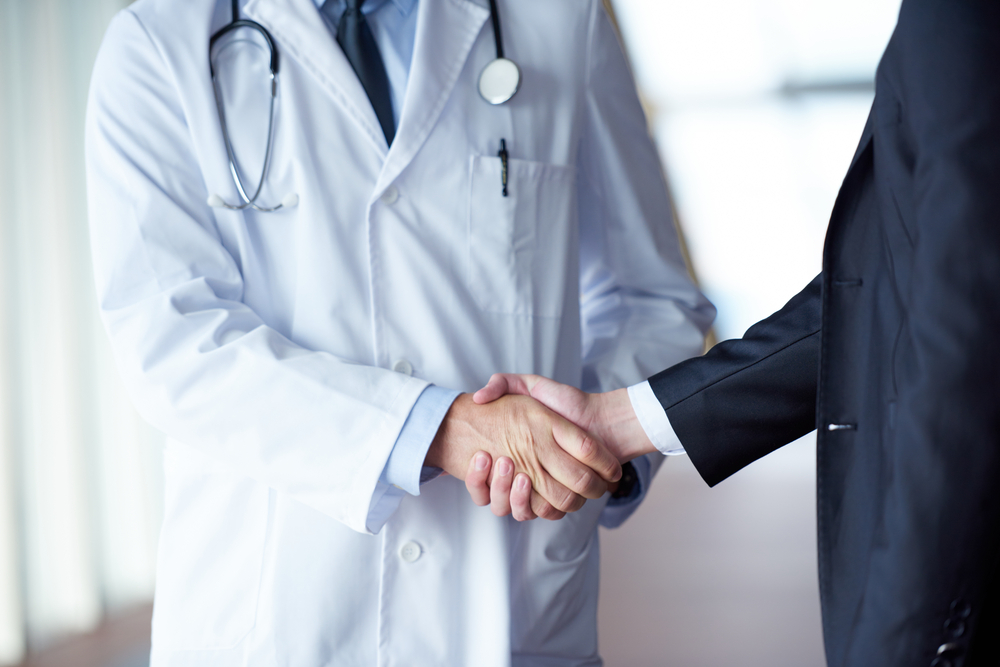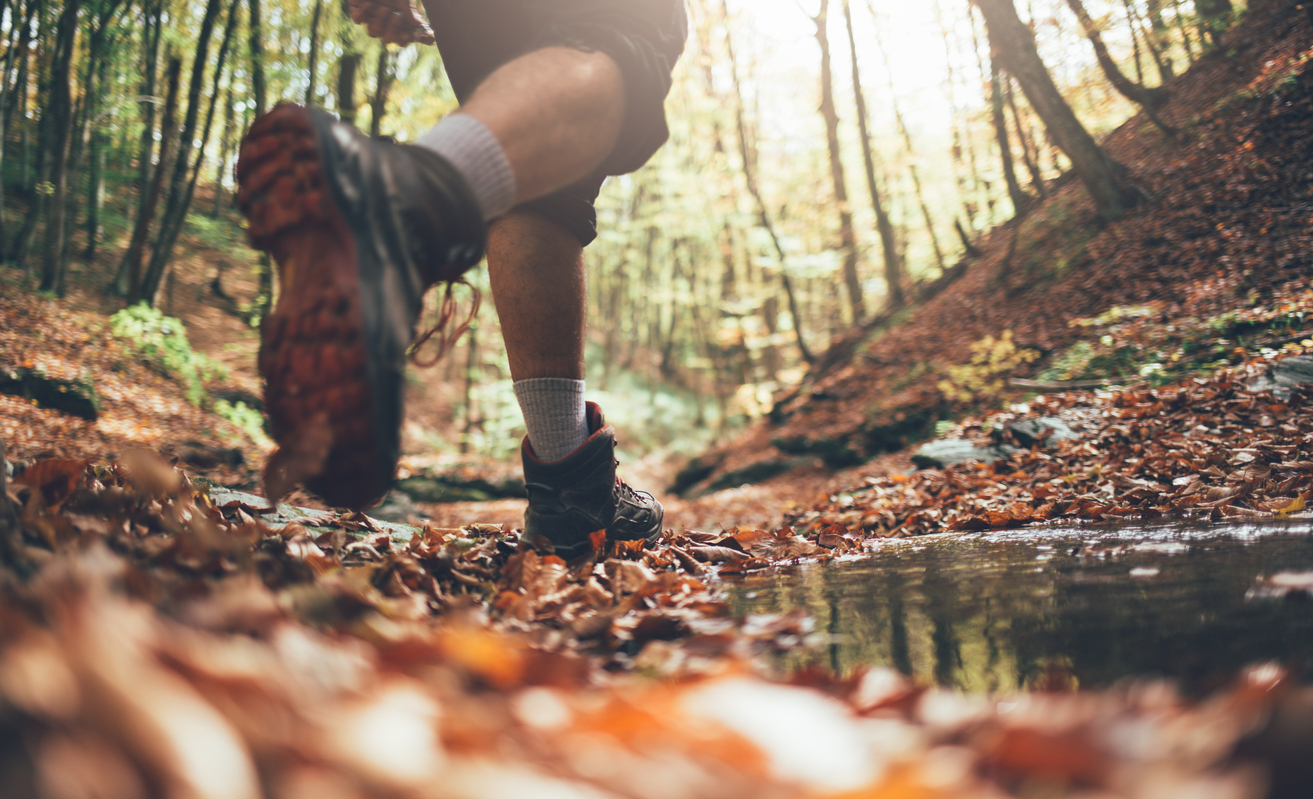Many people are taking a break from alcohol this month and partaking in Dry January - a campaign that originated in the UK in 2015. Although there are many reasons you might feel better by abstaining from alcohol, there's one that might surprise you: better sleep. In fact, research shows that 70% of Dry January participants sleep better and 66% have more energy.1 In this article, we look at the multiple ways that alcohol impacts your sleep.
While alcohol may help us fall asleep more quickly, it actually disrupts our sleep cycles
Although most of us fall asleep faster after having imbibed, the reality is that alcohol negatively affects sleep quality overall.2 When you consume alcohol before bed, your body metabolizes the alcohol throughout the night, and as blood alcohol levels rise and fall, alcohol exerts different effects on sleep - and herein lie the problems. Worse, the more alcohol you drink, the greater are its negative effects.3 In effect, the impact of alcohol on improving sleep in the first half of the night is offset in the second half.
It’s worth a brief overview of sleep cycles so that the scientific explanations of alcohol’s impact on sleep make more sense. When we sleep, our brains cycle through two states:
-
Non-rapid eye movement (NREM) sleep. Also called ‘deep sleep’, or slow-wave sleep (SWS). During this state, tissues regenerate, the body repairs itself, our immune systems are strengthened, and the brain appears to carry out a sort of ‘self-cleaning’ process.4
-
Rapid eye movement (REM) sleep. During this state, our brain is more active, we dream, and this phase may also be associated with the formation of memories.5
We usually begin the night with NREM sleep, followed by a brief period of REM sleep, then cycle back into NREM. This cycle takes approximately 90 to 120 minutes, resulting in four to five such cycles in a standard 8-hour sleep period.6
Scientists have found that alcohol impacts our sleep in three ways
-
Alcohol alters sleep cycles. Research shows that drinking in the evening appears to come at the cost of reducing the entire night’s amount of REM sleep (REM is the sleep that may be biased toward memory formation and cognitive performance). At all doses of alcohol, REM sleep seems to be delayed, and the total amount of REM sleep is reduced. And reduced REM sleep is associated with worse performance in a range of cognitive tasks.7
-
Alcohol affects levels of adenosine and therefore sleep homeostasis. Alcohol impacts levels of adenosine, a key component of the 'homeostatic drive' which is responsible for keeping our body balanced. The homeostatic drive prompts sleep by boosting levels of adenosine when we've been awake for too long. After a few drinks, these increased adenosine levels send us into a deep NREM sleep. However, once the body realizes it's had too much NREM sleep, the homeostatic drive ‘compensates’ by allowing us less deep sleep in the second half of the night. In the long term, frequent disruptions to our natural sleep cycle may alter the homeostatic drive in a more permanent way, causing ongoing negative disruptions to REM sleep.8
-
Alcohol may increase symptoms of obstructive sleep apnea. Alcohol is a muscle relaxant and studies show that consuming a muscle relaxant like alcohol at bedtime can make a person more prone to experience a blocked airway. In fact, people who typically snore or who have obstructive sleep apnea tend to display more severe snoring and lower blood oxygen levels after drinking alcohol close to bedtime.9
James Hewitt, human performance scientist and Chief Commercial & Innovation Officer at OPTIVIO, summarizes the effects of alcohol on sleep in this video.
The takeaway: Is it possible to drink in a way that does not disrupt sleep?
Dr. Hewitt says “The evidence is clear; a regular habit of drinking in the evening is almost certainly very detrimental to sleep, so make sure that when you do choose to drink, it’s really worth it, rather than merely drinking out of habit, or under a mistaken impression that it could improve sleep. The solution seems to be to drink less, stop earlier, or don’t drink at all.”
Perhaps the better question is, what can we do to improve sleep? Experts suggest the following:
-
Keep to a consistent sleep/wake schedule; try to avoid extremes in timing on either end.
-
Create a calming bedroom environment with low lighting and reduced clutter.
-
Try to reduce or eliminate the use of phones or screens in the bedroom and around bedtime.
-
Get regular exercise.
-
Consider sleep aids such as guided meditation or calming music.
Optivio is an enterprise-level stress management and performance optimization platform that can help your workforce better manage stress. Learn more about it here: http://www.optivio.com/technology
1. Journal Psychology and Health: Temporary abstinence during Dry January: predictors of success; impact on well-being and self-efficacy
2. Journal Alcohol, Alcohol disrupts sleep homeostasis
3. Ebrahim IO, Shapiro CM, Williams AJ, Fenwick PB. Alcohol and Sleep I: Effects on Normal Sleep. Alcohol Clin Exp Res. 2013;37(4):539–49.
4. James Hewitt, Can a drink in the evening ruin your sleep?
5. James Hewitt, Can a drink in the evening ruin your sleep?
6. James Hewitt, Can a drink in the evening ruin your sleep?
7. Ebrahim IO, Shapiro CM, Williams AJ, Fenwick PB. Alcohol and Sleep I: Effects on Normal Sleep. Alcohol Clin Exp Res. 2013;37(4):539–49.
8. Journal Alcohol, Alcohol disrupts sleep homeostasis
9. Sleep Medicine, Alcohol and the risk of sleep apnoea: a systematic review and meta-analysis




